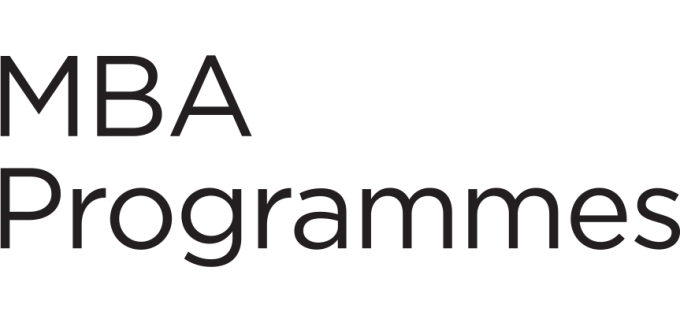It’s never too late to elevate your skills or pursue your passions in a different career. That’s why we’re taking a deep dive into the MBA programme at Hong Kong University (HKU) Business School, a top-tier option for anyone looking to sharpen their business skills. Here, we interview full time HKU Business School MBA programme alumni Rajendra Shroff and Vivian Li, as well as part-time alumni Amy Hau and Sirikanlaya Nakprasit. Read on to find out what it’s really like to be pursuing an MBA in current times and how to get more information on the qualification.
Who is the HKU Business School MBA programme for?
This stellar programme is for those who want to upgrade their skills in leadership and business, to help get to the next stage in your career or to prepare you for a career switch. Rajendra and Vivian belong to the latter category, and have since moved into the artificial intelligence (AI) and Fintech industries respectively.

“What set HKU MBA apart was that it also offered cutting-edge courses in Fintech and Artificial Intelligence. These courses were taught by industry practitioners who showed us how companies were using emerging technology in the real world,” explains Shroff.
Is it a good idea to take part in the course if you’re not switching careers? If Hau and Nakprasit’s experiences are any indication, then the answer in undoubtedly: yes. Moving up from a sales role to a middle management opportunity in a regional head office in an IT firm, Nakprasit shares, “Having an MBA is advantageous as my current role requires various skills such as programme management, issue/risk management, leadership, communication and interpersonal skills. Thanks to my MBA experience at HKU Business School, it put me in a stronger position compared to the rest of the candidates.”
Similarly, Hau has a success story of her own, going from Director to Head of Structured Finance in her company. “The programme enhanced my business development skills as well as presentation skills, which allowed me to have better efficiency and success rate at presenting ideas to senior management,” she says.
What are the benefits beyond the qualification?
The HKU Business School MBA programme is renowned for its well-designed course that equips students with the necessary skills to keep up with changes in the business world. Combined with leadership training, this programme definitely has real-world applications beyond the classroom. But, here’s another key benefit that you might not have known: access to an extensive alumni network for professional connections and even business or career opportunities.
Shroff tells us: “The programme dramatically increased the size – and quality – of my professional network… The HKU alumni community is tight-knit, easy to approach, and always insightful. A 30-minute conversation with alums from different industries has often taught me more than a seminar that would have cost thousands of dollars.“ Now, that’s a raving review if we ever heard one.
What is it like pursuing an MBA during a pandemic?

If you’re worried about having to attend multiple lectures in crowded auditoriums, fret not. HKU Business School has a variety of study options so that you can maintain social distancing while you pursue your MBA. Online classes are a popular option, with students choosing to attend some courses online and others in school, in a hybrid model.
Should you study part-time or full-time?
Hau chose to pursue a part-time MBA programme at HKU Business School as a way to take her mind off work and enhance her skills at the same time. In her words: “I needed intellectual challenges outside of work and studying for the MBA was the best option.”
Li was keen on an intensive study programme and decided to do the study full-time. “The one-year full time intensive programme offers students the opportunity to study at another top university in the world. Even though I had the opportunity to complete my bachelor’s degree in the US, I have never studied in London. Hence, the London Business School track was also one of the key factors for me to choose the full-time programme.“

After hearing each interviewee’s reasons behind their choices, we think it really comes down to personal preference and goals. If you don’t want to hit pause on your current job, go for a part-time option. But if you want to go all-in, the full-time programme might be for you.











